An Interview with Jim Jordan
Writer: Madeline Rosene
Self Portrait: by Jim Jordan
Jim Jordan: fashion, celebrity & lifestyle photographer.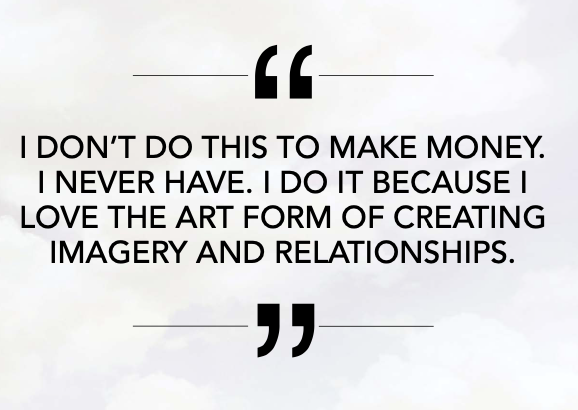
MR: How did you break into hair and makeup and then photography?
JJ: I grew up in Southern California and as a kid I started finding models when I was 15. I was skateboarding and hitchhiking to all the schools in the valley. I would find girls and help them see themselves the way I saw them. I have always been good at transforming things: I would cut anything that had hair and shape trees into bonsais. I like to shape things with my hands and turn them into works of art. I would do girls makeup and hair and when they would look in the mirror they would sometimes start crying in amazement. I would think, Wow, this is something I should do. My best friend was Greg Glassman. He was five years older than me and he had a camera. At that time, I had never known anyone else who owned a camera. I would convince him to take pictures of the models I would find. I started placing my models with Elite Models in Los Angeles. I brought them maybe ten or fifteen models who they signed contracts with. They told me I had a great eye and they wanted to know if I was getting paid for all of this work I was doing, which I was not. After I had signed multiple models with Elite, they offered to pay me a commission on all of the models I would find for them in the future.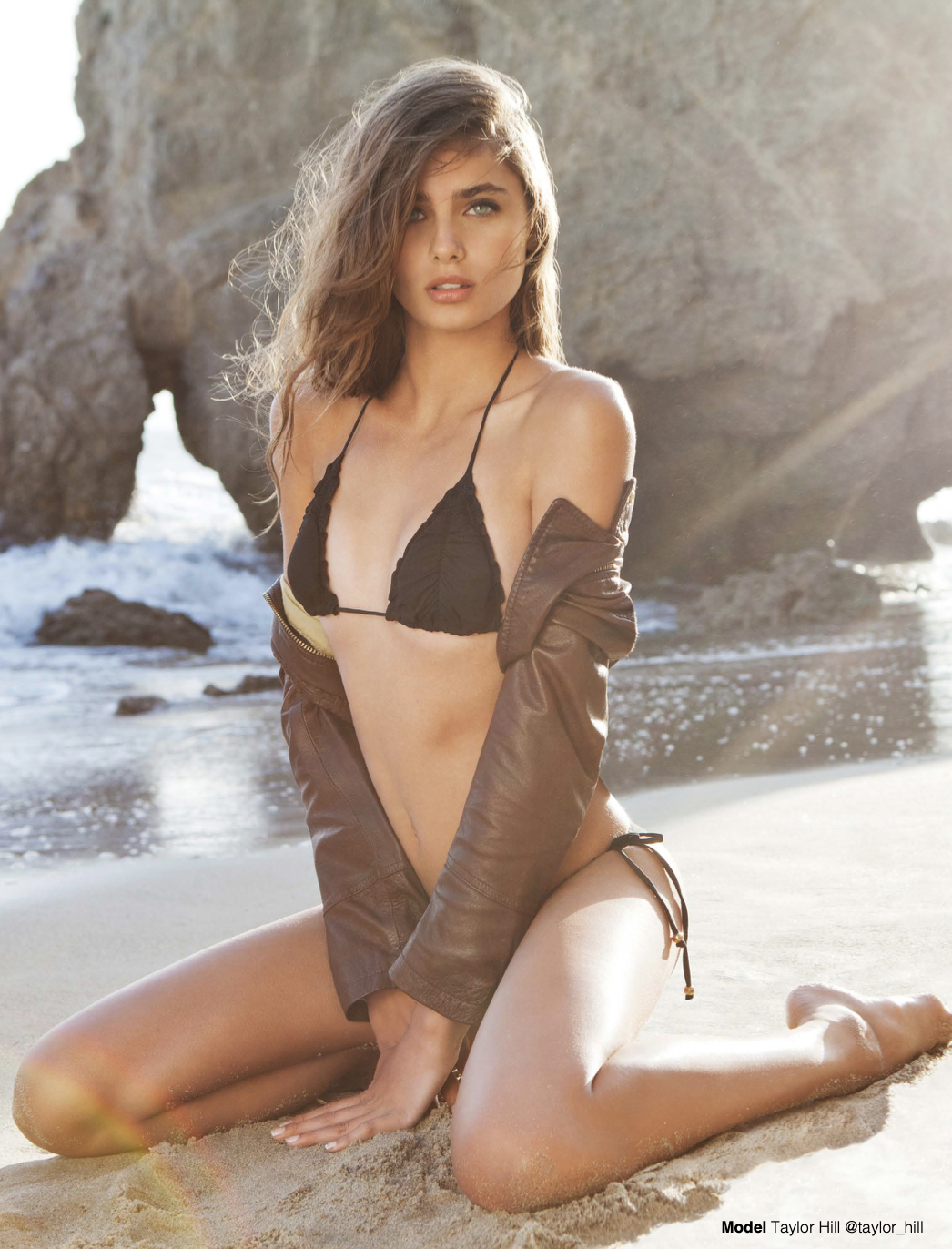
I was bringing Greg several models every day. There were models and their parents waiting outside his house to be photographed. After a while, he mentioned that I was giving him a full time job and that he did not want to be so busy helping me. He said, I am going to give you my camera. I was petrified at the thought of the technical aspect that went into using the camera. I pleaded with him not to abandon me, and I remember that he said, I am giving you my camera. You do not even have to hold it. He said he would give me his tripod as well. He taught me how to load the film and set the camera on automatic. Suddenly, I did not have to wait for him to help me anymore. I went on a rampage, photographing and finding talent.
The agents at Elite kept telling me that my pictures were great and the hair and makeup in my photos were exceptional. They suggested that I should get a hair and makeup agent to represent me. I was a bit surprised, since I had never known a hair dresser or been in a salon. I can remember asking them, What is a hair and makeup agency? Elite said they represent the biggest and best hair and makeup people that work with all of the celebrities, magazines, and fashion photographers in the industry. I took their advice and went to meet the agents.
One of the hair and makeup agencies suggested that I travel to Milan with some of the models I had discovered, who were also headed there. This way, I could learn photography by collaborating on set with famous photographers. At the time, however, I did not think I wanted to be a photographer or hair and makeup artist, but they said, You are good at this and you could be making a lot of money and traveling the world. How can you argue with that?
I convinced two of my best friends to become models, and we had just enough money to buy three one-way tickets to Milan. It was the middle of the summer, and with nowhere to go, we stayed and slept in the park for weeks. We were roughing it. We were 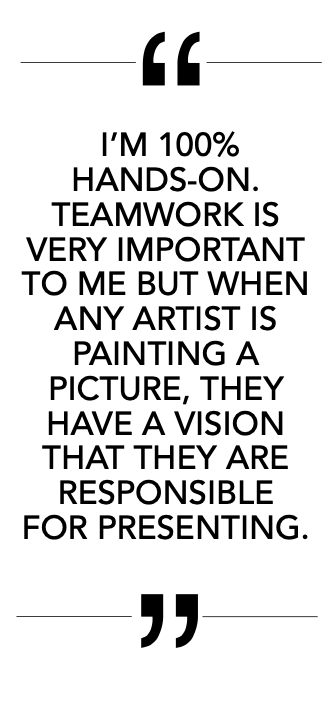 going out every night, meeting new people and having the time of our lives. I found a hair and makeup agent to represent me. I met with many magazines, including Grazia at Mondadori, which is like Condé Nast, a huge publishing group. The day I went in to show my book, one of the makeup artists did not show for the Grazia shoot and they asked if I could fill in. That was the beginning of my career, which landed me with my first cover. From there, I met several editors from different magazines, and started working three to four days per week doing hair and makeup. I travelled to Paris, Spain, Germany, Greece, and Brazil, before basing myself in Los Angeles and New York. I worked with a-list celebrities such as Elizabeth Taylor, Whitney Houston, Jeff Bridges, Molly Ringwald, and Farrah Fawcet, and many supermodels such as Cindy Crawford, Naomi Campbell, and Tatjana Patitz. Finally I was living the life I had always dreamed of, collaborating with famous photographers like Helmet Newton, Peter Limberg, Bruce Webber, and Arthur Elggort, to name a few.
going out every night, meeting new people and having the time of our lives. I found a hair and makeup agent to represent me. I met with many magazines, including Grazia at Mondadori, which is like Condé Nast, a huge publishing group. The day I went in to show my book, one of the makeup artists did not show for the Grazia shoot and they asked if I could fill in. That was the beginning of my career, which landed me with my first cover. From there, I met several editors from different magazines, and started working three to four days per week doing hair and makeup. I travelled to Paris, Spain, Germany, Greece, and Brazil, before basing myself in Los Angeles and New York. I worked with a-list celebrities such as Elizabeth Taylor, Whitney Houston, Jeff Bridges, Molly Ringwald, and Farrah Fawcet, and many supermodels such as Cindy Crawford, Naomi Campbell, and Tatjana Patitz. Finally I was living the life I had always dreamed of, collaborating with famous photographers like Helmet Newton, Peter Limberg, Bruce Webber, and Arthur Elggort, to name a few.
MR: Is knowing how to work a film camera important for photographers?
JJ: For me, learning film was a really substantial way to learn how to photograph. Well, it was the only thing I could do at the time. But the learning process came from making the most extensive and unforgiving mistakes. Learning without digital is much muchharder than doing things the way we can today. Today you can have your own photo lab on your desktop computer and you can see your exposures on your camera. I would shoot a roll of film and have to drive from Calabasas to Hollywood and a lot of times I would get back and find that most of the photos were overexposed, underexposed, or out of focus.
MR: Has working in hair and makeup affected the way you photograph? Has it affected the way you treat your team or choose the people you work with?
JJ: Absolutely. When I started taking photographs, I knew my approach to how I would relate to people was different from 90% of other photographers that I had worked with. I believe that my experience in hair and makeup was the best schooling possible, and it taught me to be a perfectionist and to pay attention to finite detail and giving direction. Every good fashion photographer is obsessed with detail. You have to notice the little things when you shoot people, even if it seems as minuscule as finger positioning and flyaway hairs.
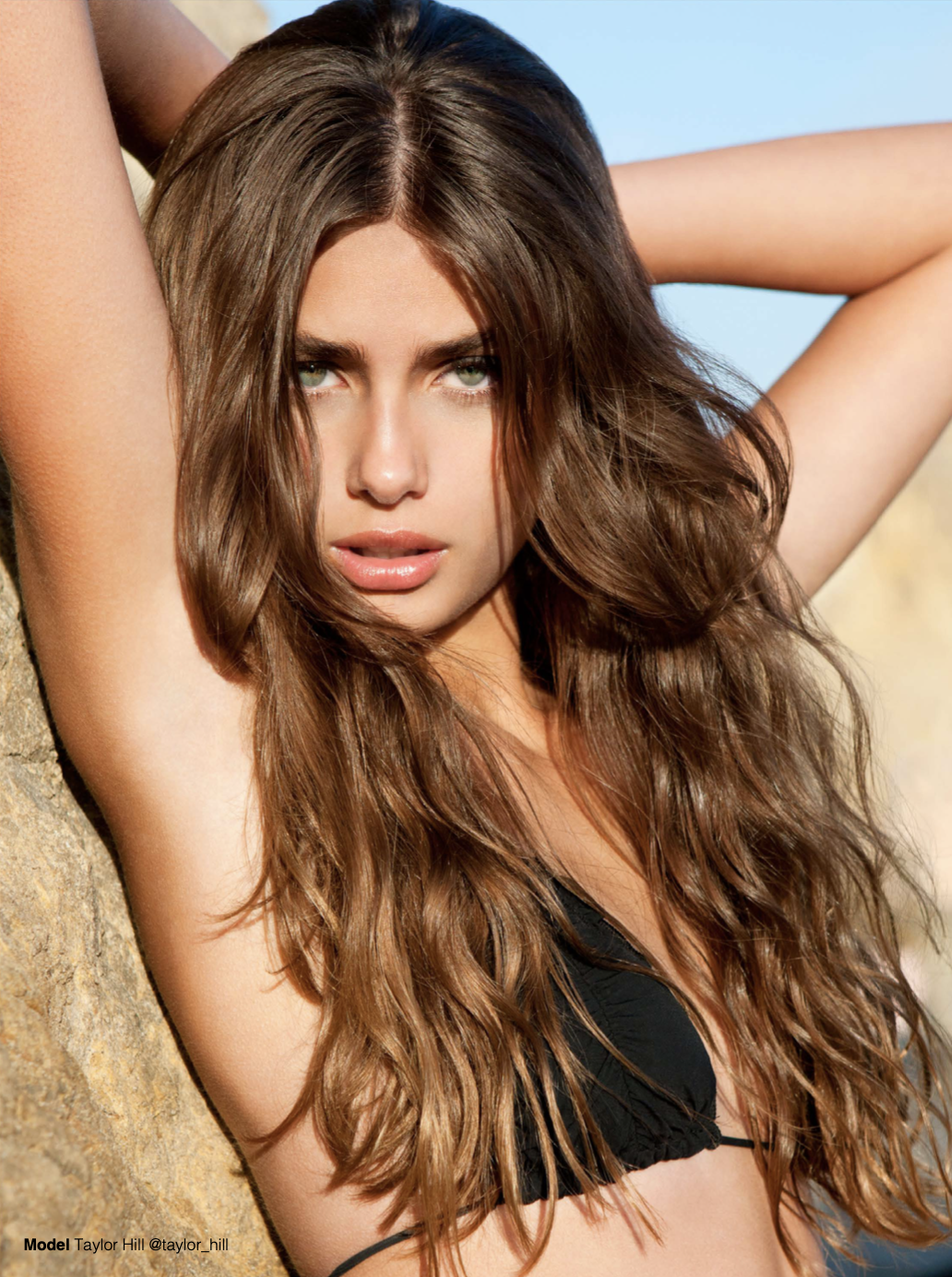 My background has a lot to do with how I control a shoot and how I take responsibility for everything. I completely immerse myself in it. I have created my own style and work very differently from other photographers. I tend to more than just my camera. I am involved in the way the model’s hair is transformed and whether her lip lines are even. My true connection to the talent has always started in the makeup room. There is always a connection and oneness between the models and celebrities I shoot and myself. When I photograph anybody, I’m 100% hands-on. Teamwork is very important to me but when any artist is painting a picture, they have a vision that they are responsible for presenting.
My background has a lot to do with how I control a shoot and how I take responsibility for everything. I completely immerse myself in it. I have created my own style and work very differently from other photographers. I tend to more than just my camera. I am involved in the way the model’s hair is transformed and whether her lip lines are even. My true connection to the talent has always started in the makeup room. There is always a connection and oneness between the models and celebrities I shoot and myself. When I photograph anybody, I’m 100% hands-on. Teamwork is very important to me but when any artist is painting a picture, they have a vision that they are responsible for presenting.
The talent can feel and see my passion when I am involved on set. I often hear, He really cares about how I look, and he makes me look amazing. The more I give, the more they give. The more fired up I am, the more energy and excitement they show. I am constantly pushing for more options and variations and I do not want to stop shooting. I do not do this to make money. I never have. I do it because I love the art form of creating imagery and relationships. Even though I am paid to photograph people, I don’t look at them as jobs or assignments. I look at them as times in my life that I want to capture. I want to put an environment around my subjects that I will never ever forget.
MR: With influencers and individuals beginning to drive advertising instead of big agencies, what does the future of editorial and advertising look like to you?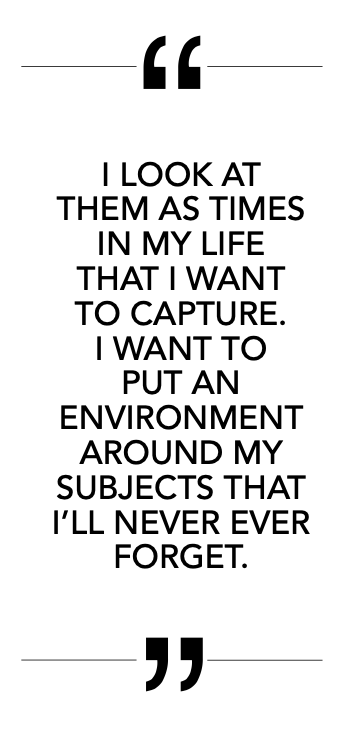
JJ: The business as we know it today it may be completely different in ten years. The billboards and television are going away. Ad agencies will use half of the money they are spending on these things to instead reach influencers and the customers directly through social media and other new media platforms. It is changing the music industry. It is changing everywhere. It really comes down to branding, and everything is a brand. Talent is a brand, product is a brand. People have begun to brand themselves and the brand campaigns they create on their own. Lots of amazing things are happening in the digital world.
MR: What is it about peoples eyes that intrigue us so much? Why do you think you photograph them so well?
JJ: It is often said that the eyes are a window to the soul. The main thing I constantly say when I am shooting is, Look at me! Look at me! Maybe that has something to do with it. I say, Look at me! Chin down. Those are the two things that I have been told I say a lot. I have had clients book me on jobs who tell me they chose me because they saw something different in the talents eyes that they don’t see in other photographers work. They tell me it’s the way they look at me and that’s a nice thing to hear.
MR: What is next on the horizon?
JJ: I have my own photography business, along with White Cross Management and my full service production company, White Cross Productions. We produce all of my photo shoots and TV commercials that I direct. I am also very involved in music and developing musical talent with my management company. I represent amazing talent from music artists to supermodels. We know the business isn’t the same as it used to be so we are forging forward, using new platforms to make and sell brands. I am also developing a cosmetic company, White Cross Cosmetics, which will be launching in the near future.
We discover so much incredible talent, and I will continue to grow and brand the different aspects of my company to their full potential. My team and I are diligently forging forward and living in the mystery of what the future holds for us.
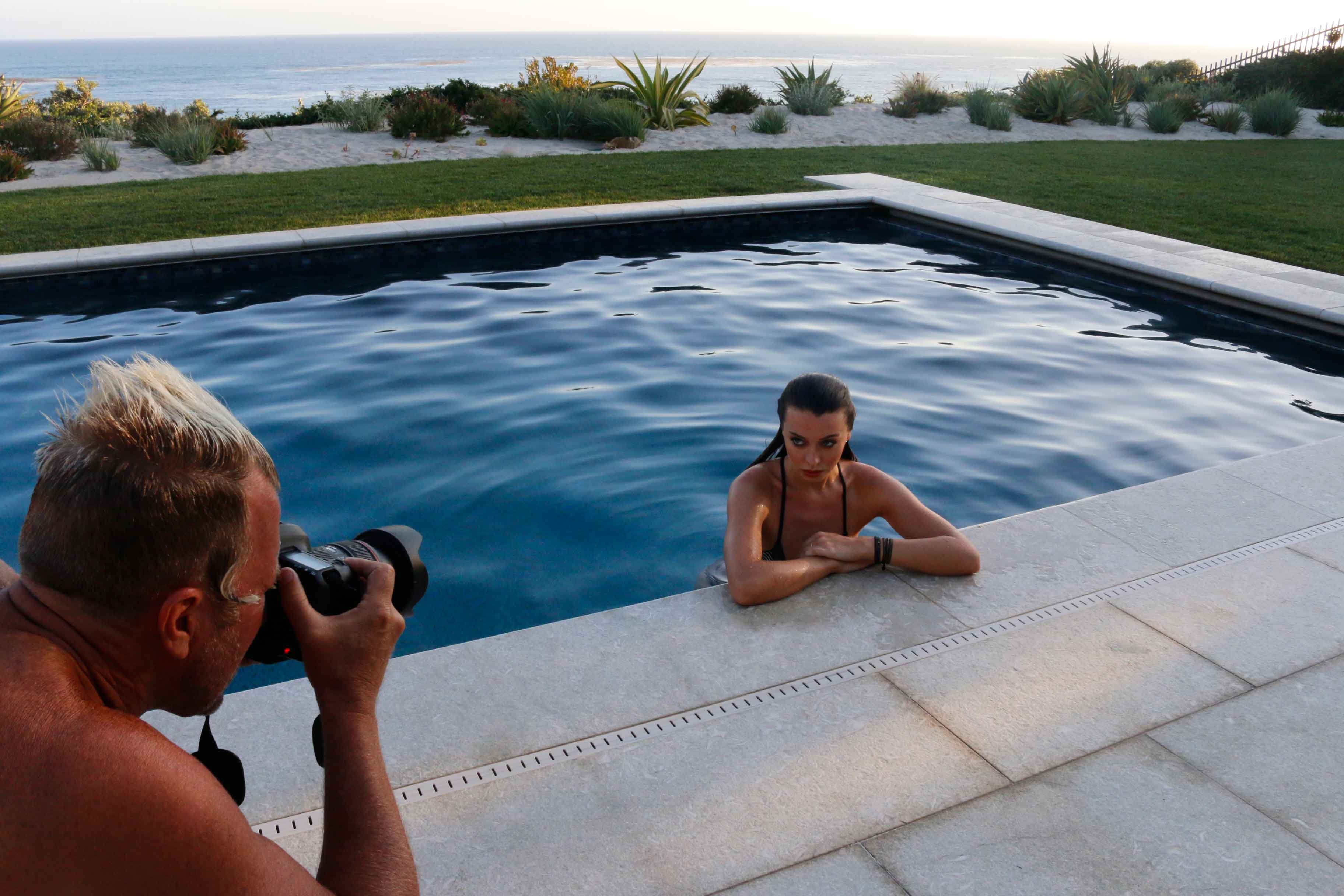

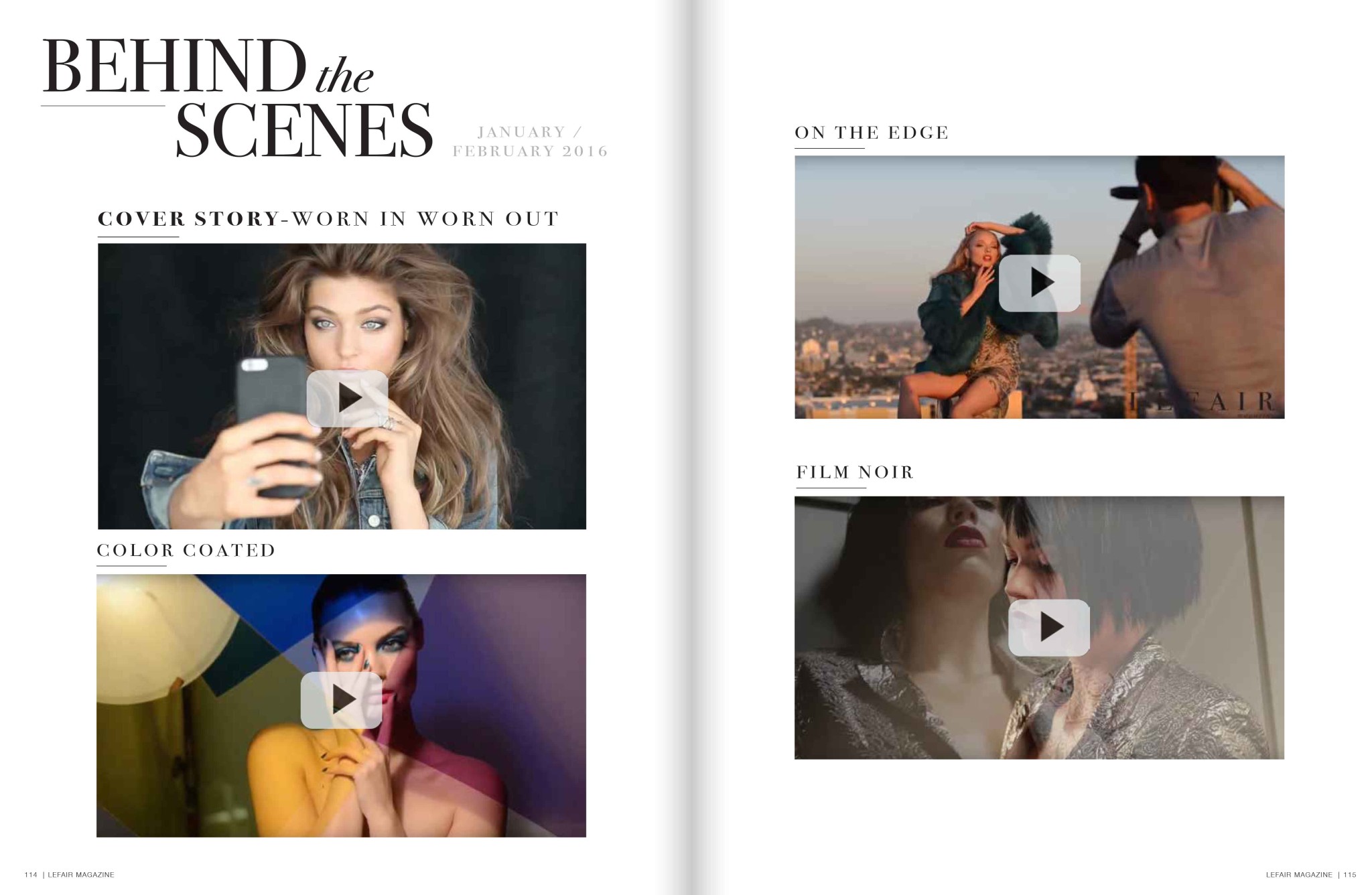
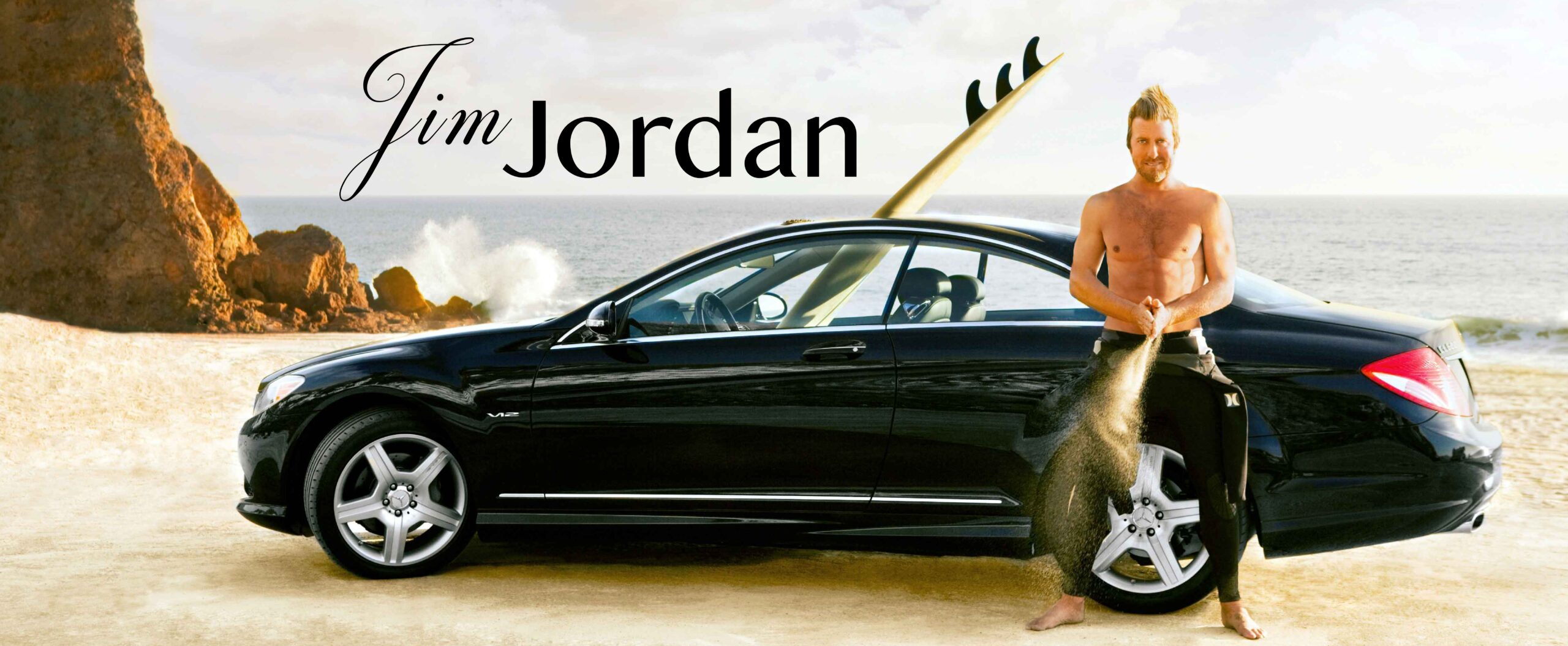
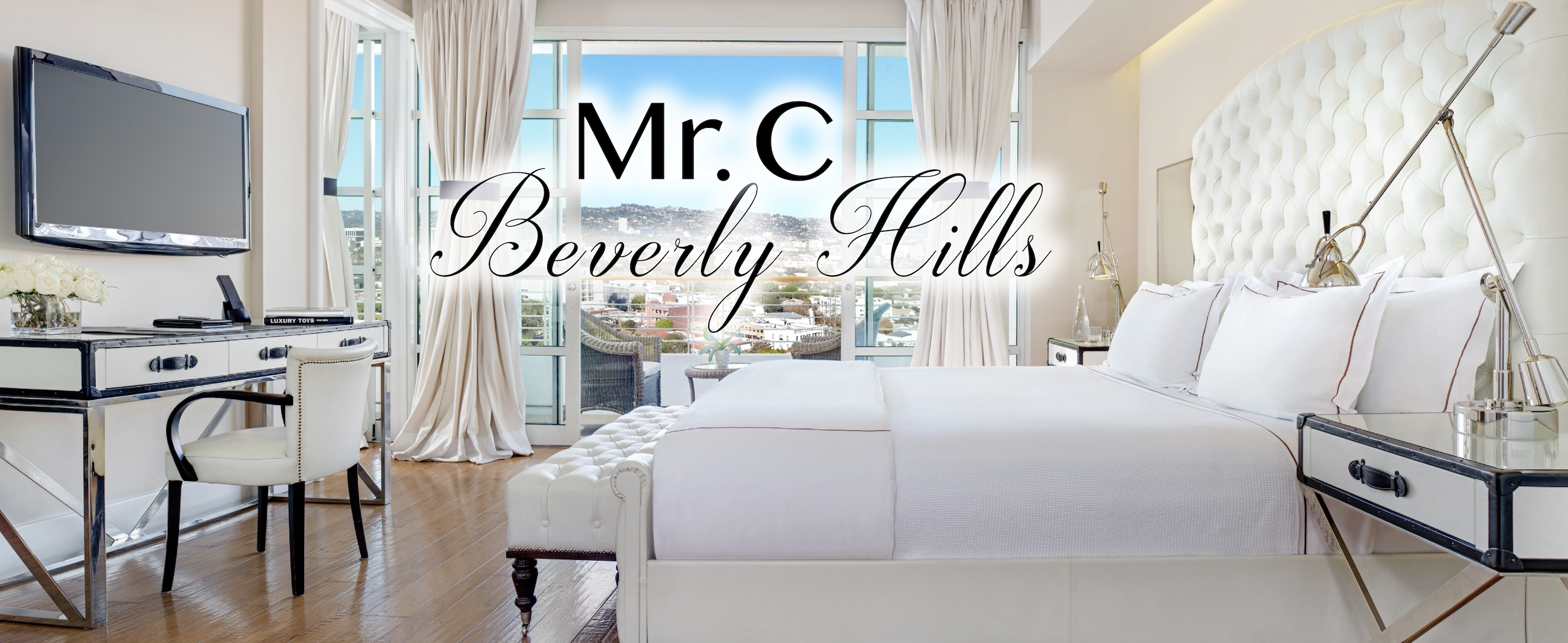
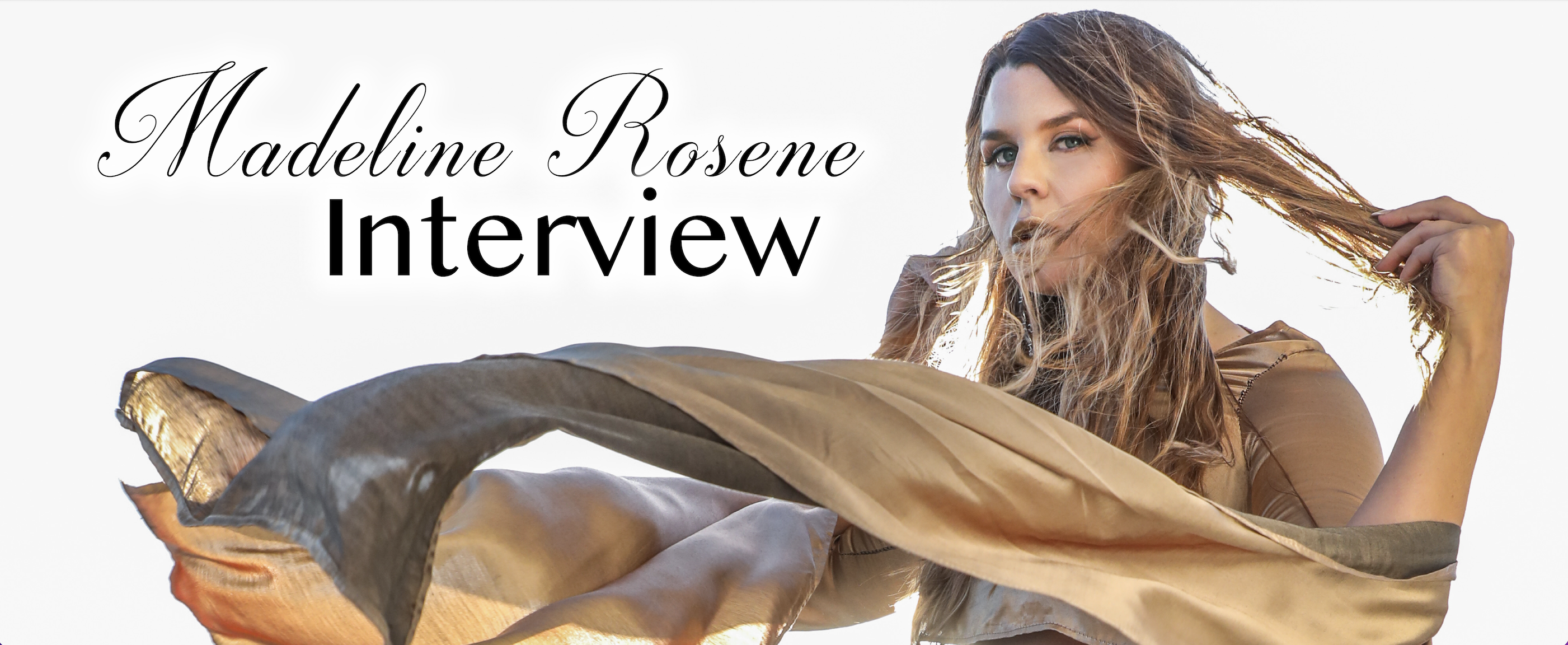
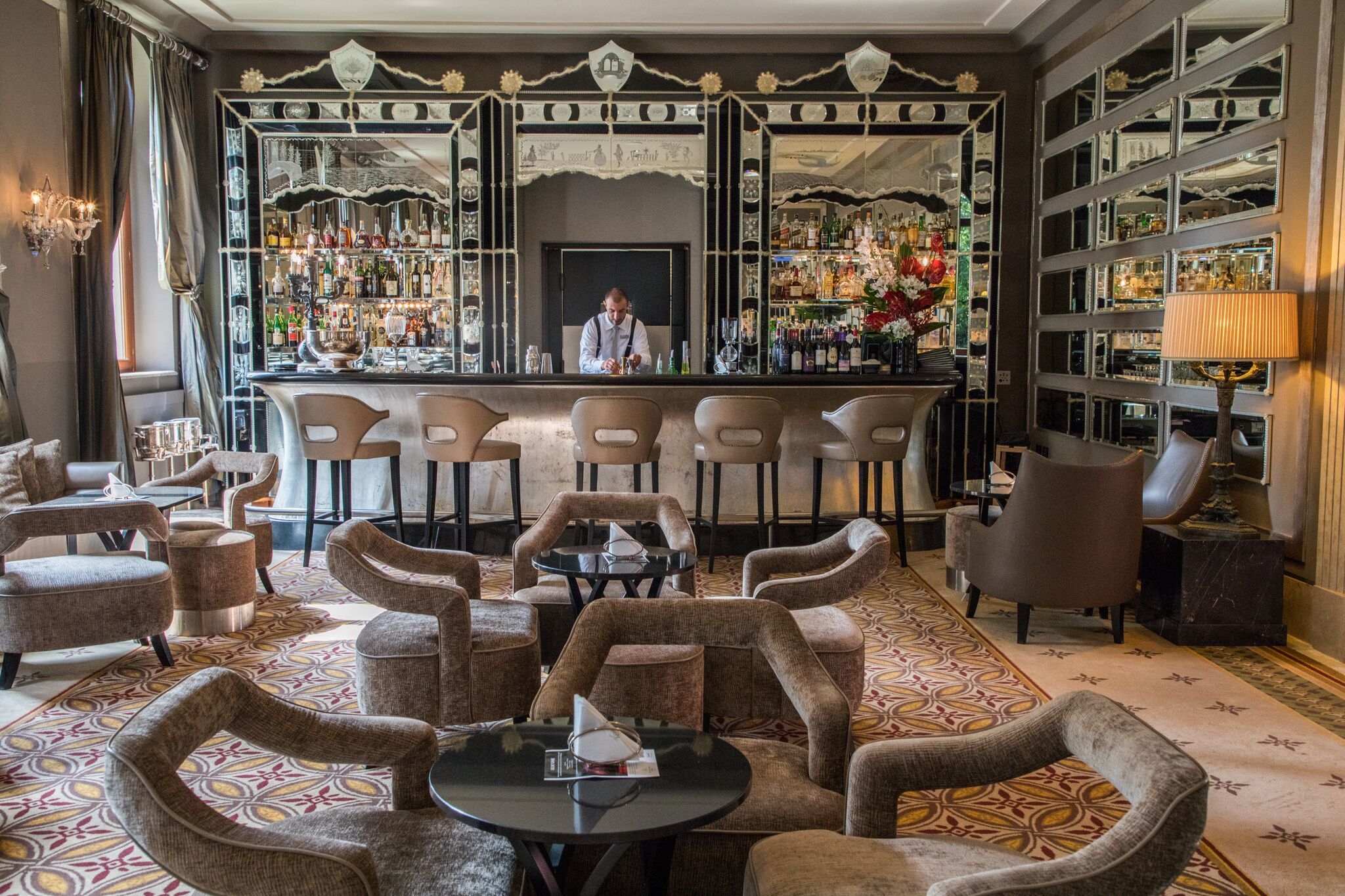
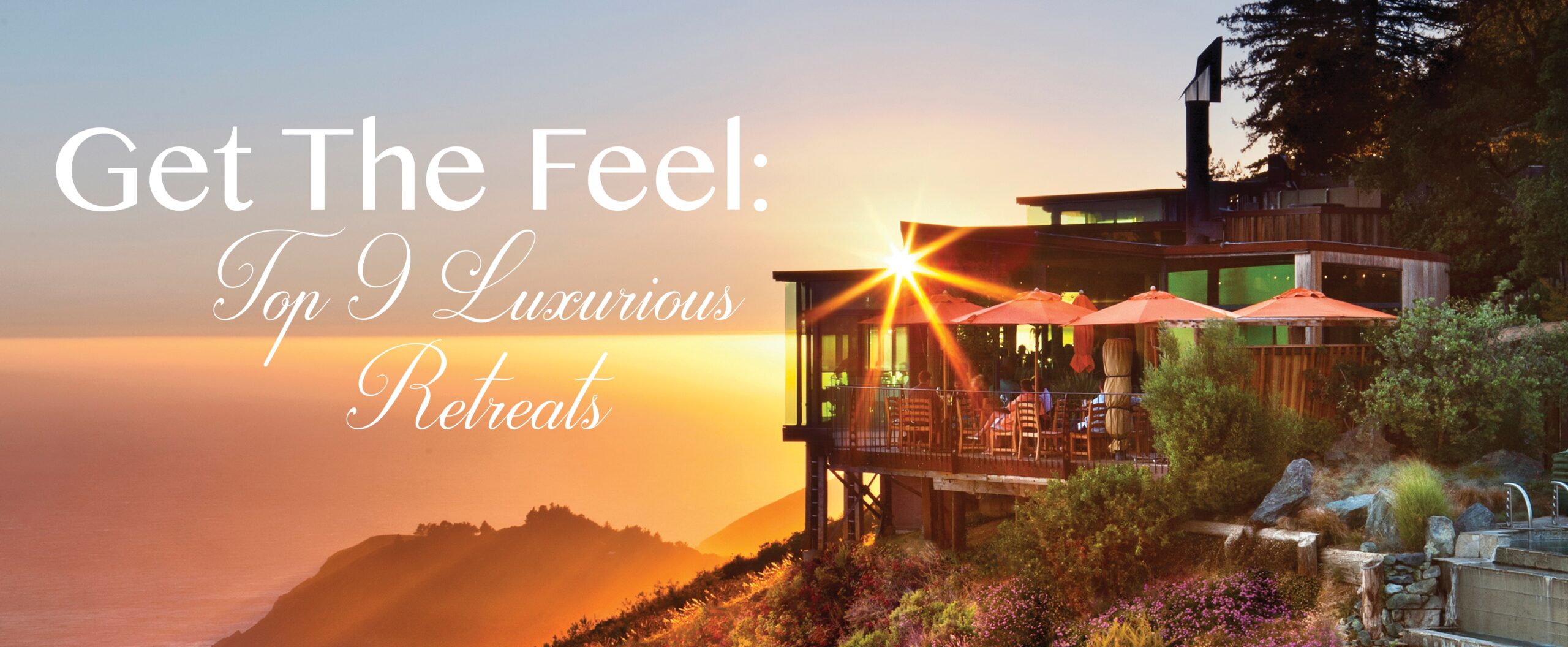
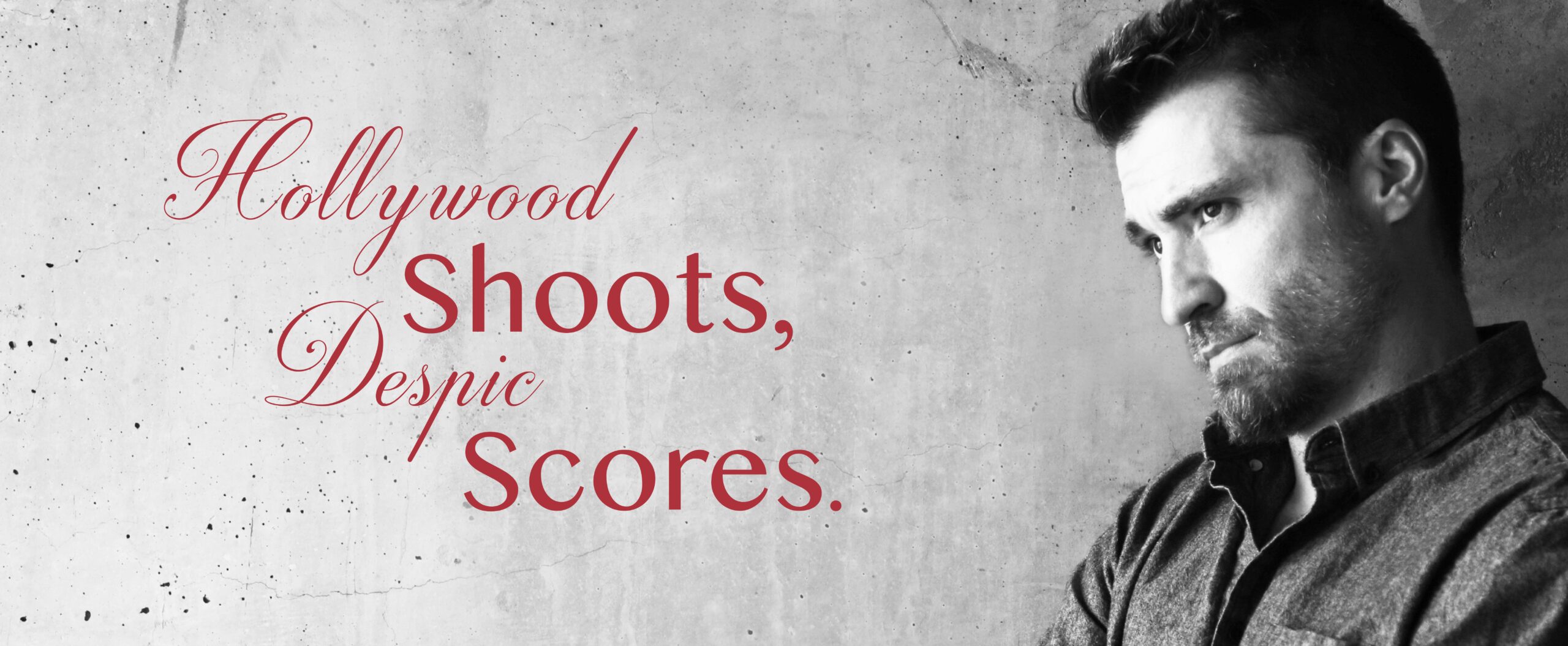
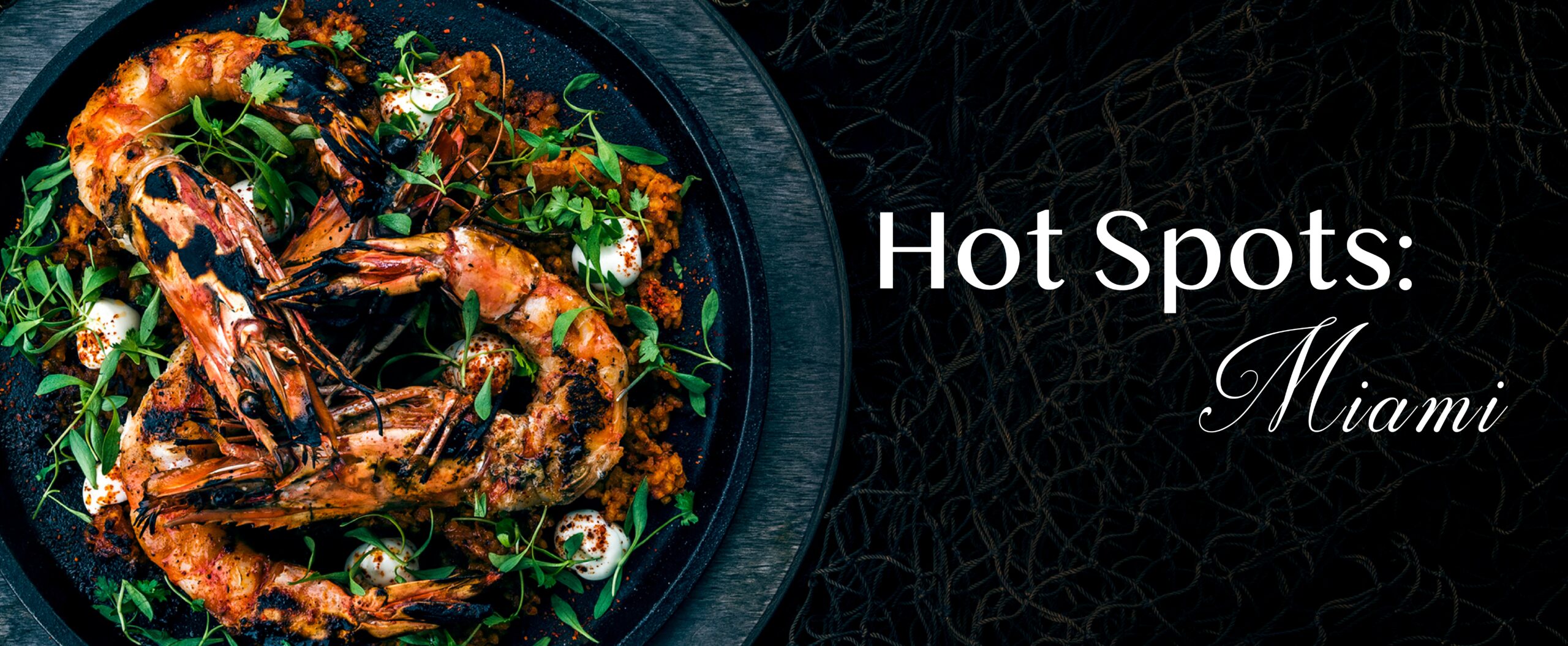
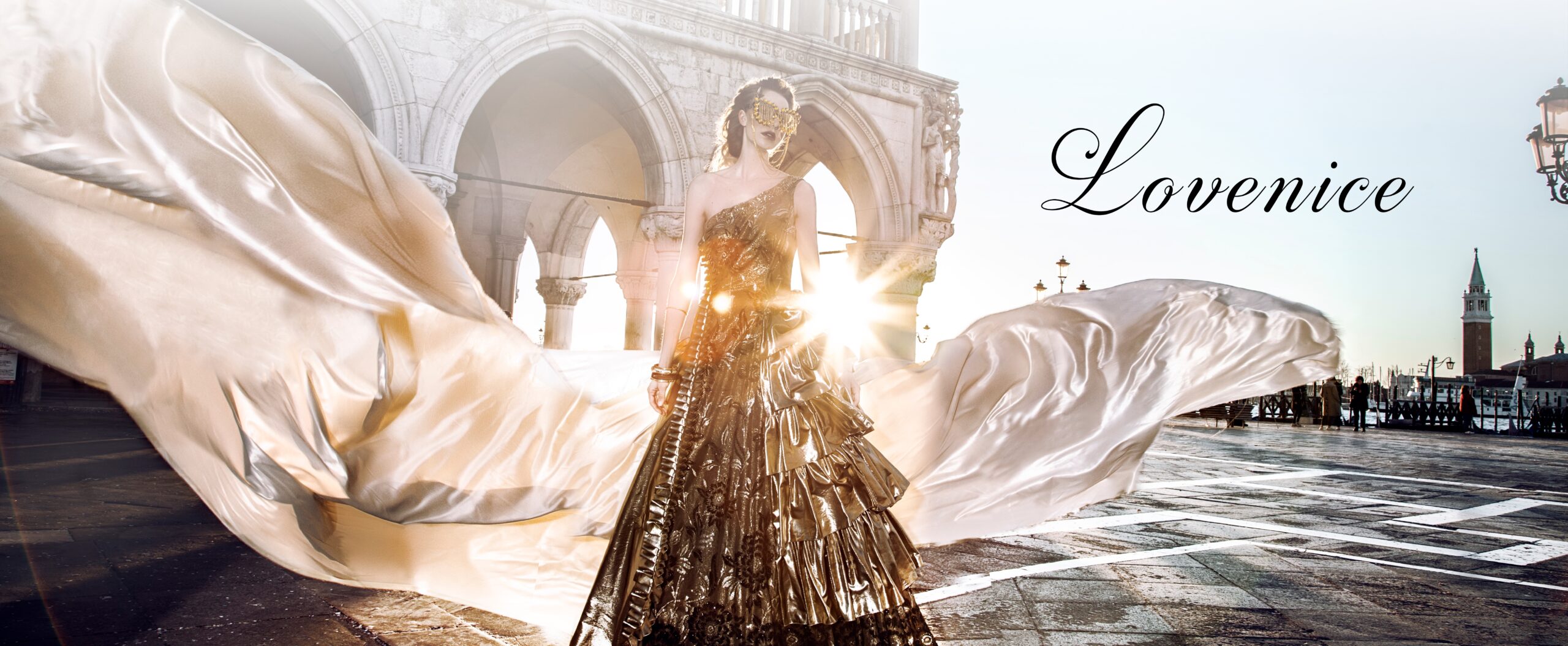
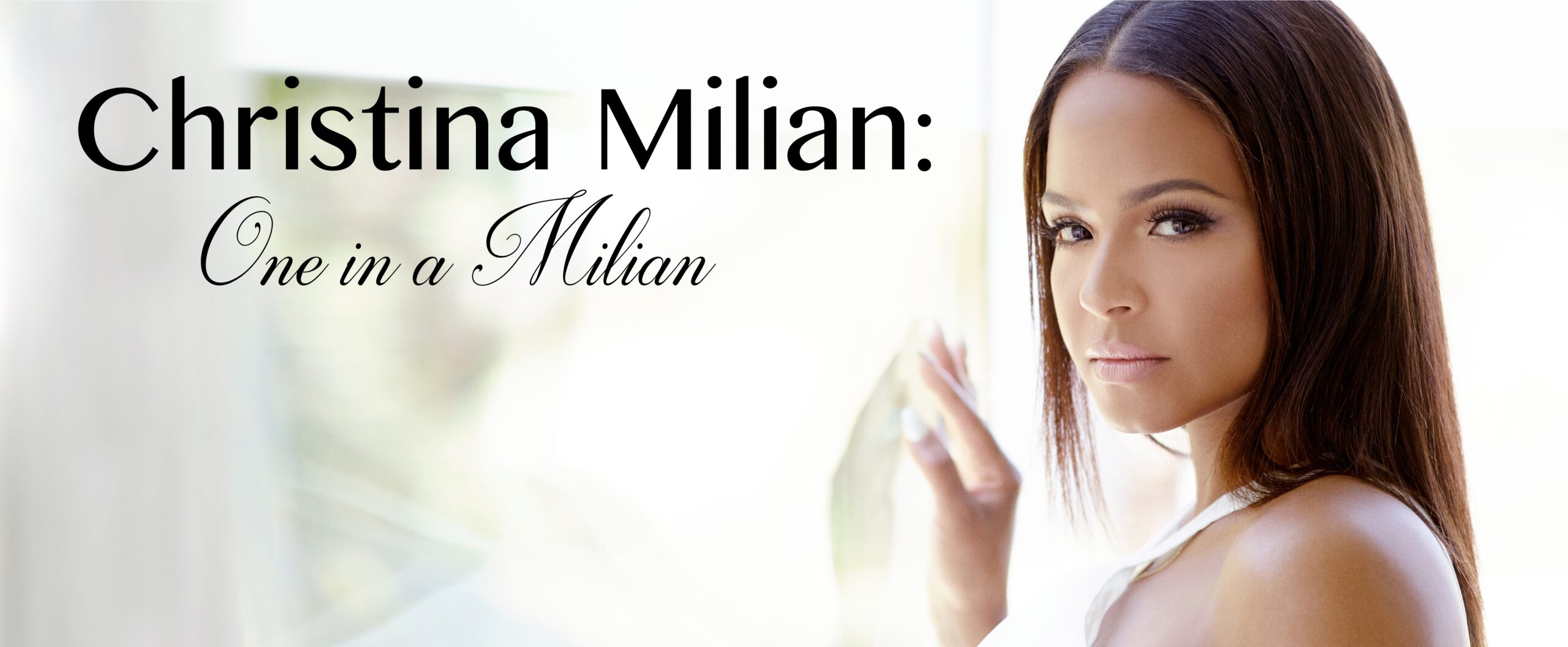
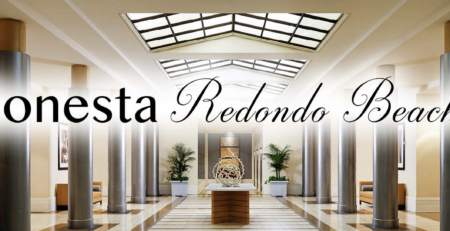
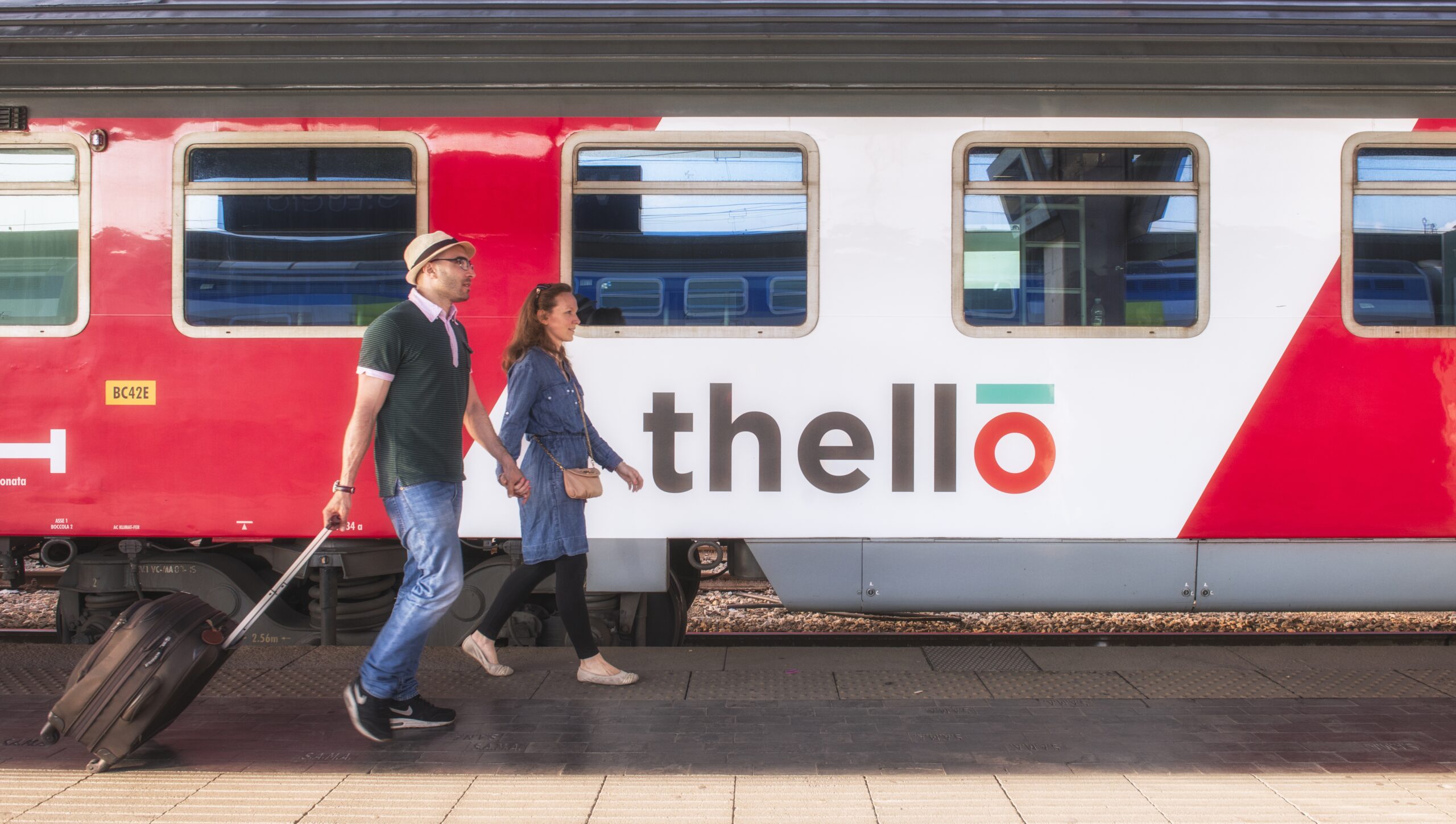
Leave a Reply